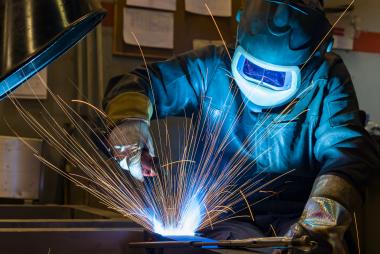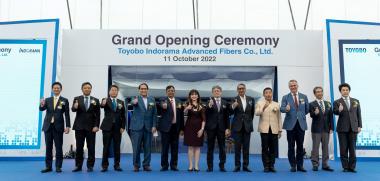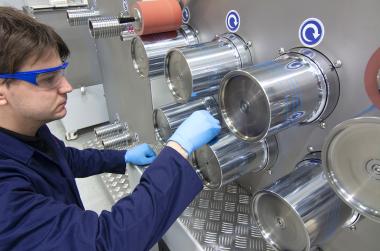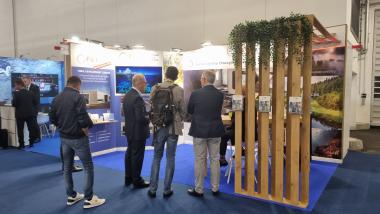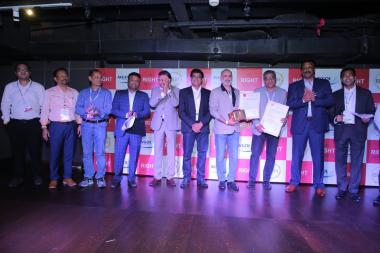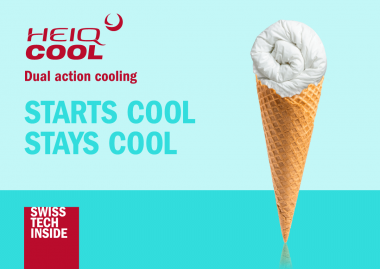FET looks forward following sucessful year
Fibre Extrusion Technology Limited (FET) of Leeds, England, a supplier of laboratory and pilot melt spinning systems, is celebrating a record breaking year of sales and product innovation. “Sales revenue for 2022 has easily beaten our previous high” said FET Managing Director, Richard Slack “and the research projects we have collaborated in have become increasingly challenging in terms of technical specification.”
Prestigious new projects during 2022 included a multifilament melt spinning line for Senbis Polymer Innovations, Netherlands enabling the development of textile fibres from recycled polymers or biopolymers; a FET-200LAB wet spinning system at the University of Manchester which will play a major part in advanced materials research in collaboration with the renowned Henry Royce Institute; and a FET-103 Monofilament line for RHEON LABS of London to help develop a hyper viscoelastic fibre from RHEON™ which displays high strain-rate sensitive properties. The latter two of these examples were aided by significant UK grants to develop advanced materials.
FET is now looking forward to 2023 with a record order book. The company’s newly opened Fibre Development Centre features over £1.5 million investment in customer laboratory systems that will further enable fibre trials and product R&D. Three new polymer types were developed with clients in 2022 and several more are lined up in 2023, which is expected to bring the total of different polymer types to more than 40 in multifilament, monofilament and nonwoven formats.
FET will be exhibiting at two major exhibitions in 2023; INDEX 23, a leading Nonwovens show at Geneva in April; and ITMA, Milan, an international textile and garment technology exhibition in June.
FET Ltd











